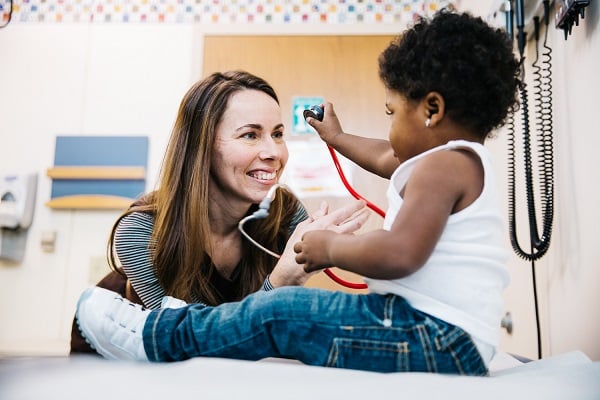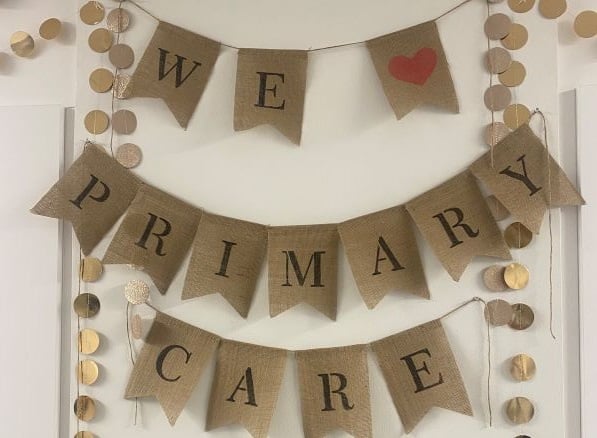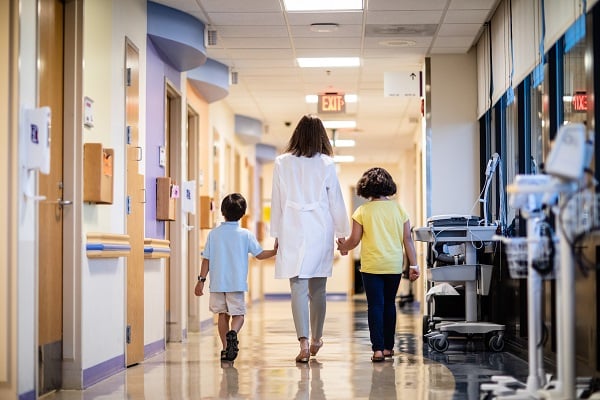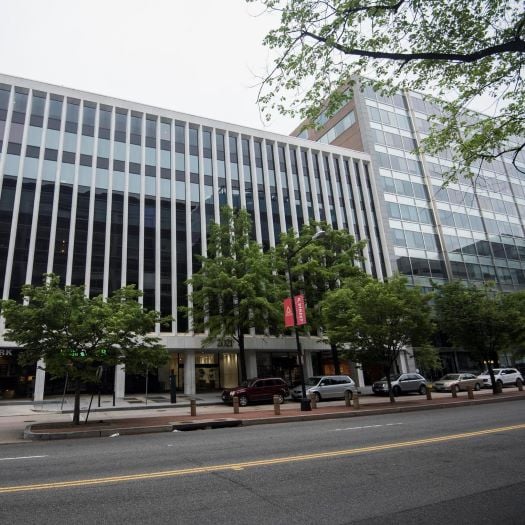
Primary Care Track

The Primary Care Track (PCT) at Children’s National Hospital is the longest-running specialized track in the residency program and one of the first of its kind in the country. Since 1982, it has trained over 200 pediatricians who have gone on to diverse careers — many in primary care, often in academic settings, while others pursue fellowships in areas like adolescent medicine, health policy or advocacy. Some graduates ultimately choose subspecialty careers, reflecting the track’s flexibility and broad preparation.
Residents in the PCT apprentice at CNPA Foggy Bottom, a busy, diverse downtown pediatric practice, and gain experience with patients from a range of socioeconomic backgrounds, including many on Medicaid. The faculty — experts in areas such as adolescent medicine, LGBTQ+ health, mental health and global health — also staff CNPA Capitol Hill, which is expanding in 2025. The program emphasizes critical thinking, teamwork and continuity of care. Smaller outpatient blocks and weekly academic half-days foster strong relationships and meaningful patient connections.

A Day in the Life of a Primary Care Track Resident

Follow one of our residency program’s primary care track residents as she goes through a typical day during her residency program.
Location
Our Curriculum
During the first year, Primary Care Track residents participate in a foundational general pediatric curriculum (see Curriculum Overview) and complete three unique early outpatient-focused rotations designed to build a strong foundation:
Development Foundation
Adolescent Foundation
Primary Care Block


Quotes from Residents
I love the small program within a large program feel of the primary care track – you get all the benefits of a small program (lots of personal attention) within a larger program (large tertiary care center with all subspecialties).
Children's National Primary Care Track Resident
Primary Care Track Resident Accomplishments
Primary Care Track residents have received many accolades for their work. Their projects have been grant funded by the AAP Resident CATCH Grant, the AAP DC Chapter Resident International Travel Grant and the Children’s National Child Health Center Board Resident International Travel Grant, among others. They have presented their findings nationally and internationally, including at the annual meetings of the Pediatric Academic Societies, American Academy of Pediatrics and Association of Pediatric Program Directors.







